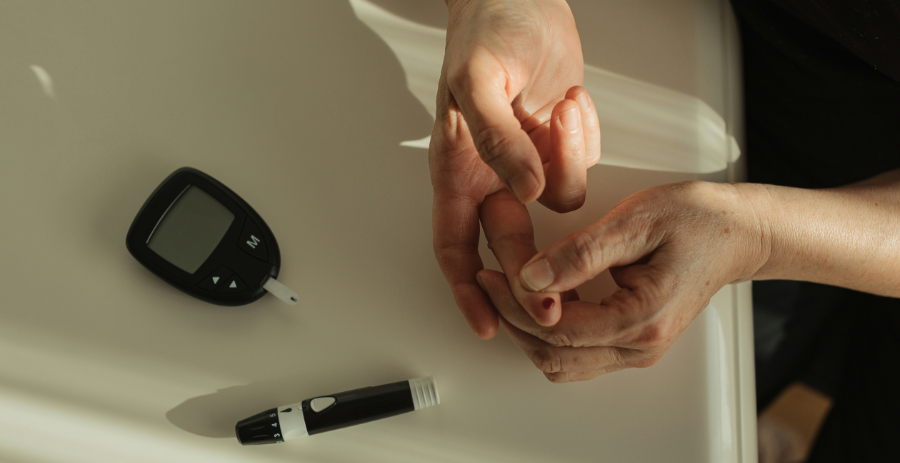Commentary
State-Supported Glucose Monitors Set to Revolutionize Diabetes Education for Students

The role of a teacher often transcends academics, encompassing emotional support and personal growth. This is particularly true for students with diabetes, who face unique challenges that affect both their health and education. Educators are called to help these students navigate their conditions while also fostering independence and learning.
Managing diabetes requires constant monitoring of glucose levels, diet, and hydration. In elementary schools, teachers and school nurses form a partnership to support these students, often relying on traditional methods of health management. However, the integration of technology, particularly Continuous Glucose Monitors (CGMs) with app tracking, has the potential to significantly improve the educational experience for these children.
Teachers have observed a stark contrast between students using CGMs and those who do not. Without such devices, students frequently leave the classroom for blood sugar checks, significantly interrupting their learning. Missing valuable instructional time can hinder their academic progress and prevent participation in social activities, leading to feelings of exclusion. The constant need to manage their diabetes often results in missed opportunities for fun and engagement with their peers.
In contrast, those equipped with CGMs that track glucose levels via apps can remain engaged in their classroom activities. The technology enables real-time monitoring, allowing nurses to address health concerns discreetly without disrupting learning. This system not only minimizes the anxiety of parents and educators but also ensures that students spend more time in class and less in the nurse’s office.
Despite the advantages of CGMs, many students on the Arizona Health Care Cost Containment System (AHCCCS) face barriers to accessing these devices. Regulatory complexities often hinder families from obtaining necessary support for their children’s health, exacerbating the challenges already present. The absence of CGMs for these students can lead to increased absenteeism and anxiety, negatively affecting their educational outcomes.
In light of these challenges, Gov. Katie Hobbs has made strides by signing HB2174 into law, aimed at bolstering support for the nearly 600,000 students in Arizona diagnosed with diabetes. With November recognized as National Diabetes Awareness Month, advocates suggest that enhancing access to CGMs with app tracking is a critical next step. This minor regulatory change could profoundly impact student health and safety, ensuring that all children have the tools to succeed both academically and socially.
Emily Houston, Ed.D., and Nicole Kaiser, M.Ed., are experienced elementary school teachers who have seen firsthand the impact of technology on their students’ health and educational experiences. Their commitment to fostering a supportive environment for all students, particularly those with diabetes, remains steadfast.


















